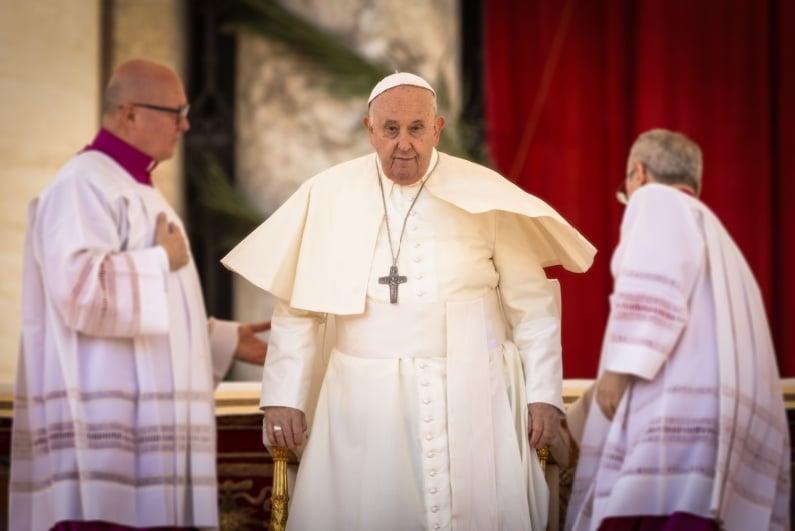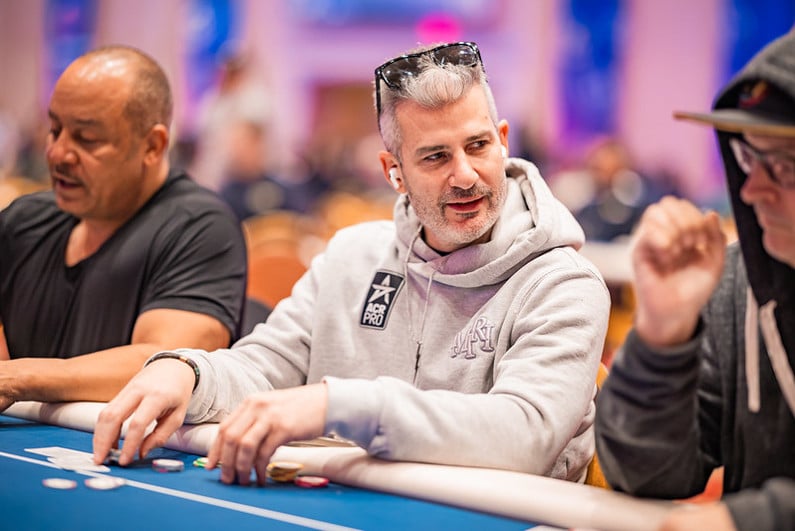World-famous gambler and professional poker player Phil Ivey has filed an appeal against the $10.13 million judgment awarded to New Jersey’s Borgata casino after his motion to stay the financial judgment was denied by the case’s presiding judge.
The high-profile “edge sorting” case pitting New Jersey’s Borgata Hotel Casino & Spa against prominent pro poker player and gambler Phil Ivey is headed toward an appeal after U.S. District Judge Noel L. Hillman denied Ivey’s attempt to have the case’s initial $10.13 million judgment in Borgata’s favor stayed pending appeal. The ruling will allow the Borgata to pursue collection of the $10.13 judgment even as the appeal moves forward.
In an opinion handed down on August 28, Judge Hillman summarily dismissed the arguments offered by Ivey and his co-defendant, “Kelly” Cheung Yin Sun, who together pulled off a complicated scheme to turn the odds at the Borgata’s high-stakes mini-baccarat tables in their favor over the course of four multi-day sessions in 2011 and 2012.
In 2016, the Borgata’s parent company, Marina District Development Co., LLC, was awarded the sum of Ivey’s profits, about $9.6 million, plus about a half a million dollars more that Ivey had won at other Borgata table games with the profits from his mini-baccarat play.
Judge Hillman also finalized the earlier judgment in the case, allowing any appeals process to move forward. The judge was forced to use a special rule to move the case forward, due to unresolved cross-claims still extant between Ivey and Sun and a co-defendant in the initial lawsuit brought by the Borgata, Kansas City-based playing card manufacturer Gemaco, Inc.
The Borgata and Gemaco have already resolved their portion of the multi-faceted civil case.
The attorney representing Ivey and Sun, Louis M. Barbone, followed Judge Hillman’s finalization of the initial 2016 judgment by filing an initial notice of appeal on August 31. That appeal will eventually be heard by the US Third Circuit Court of Appeals, although all procedural matters remain unscheduled.
Judge denies “devastating impact” claim
In ruling against Ivey’s motion to stay the $10.13 million judgment, which would normally have to be paid or posted as bond for the appeal, Judge Hillman disregarded the claim by Ivey’s counsel of a “devastating impact” upon Ivey’s and Sun’s financial well-being. According to Judge Hillman, that still does not meet the court’s requisite standard of “irreparable harm”.
Judge Hillman explained the difference: “To establish irreparable harm, a stay movant must demonstrate an injury that is neither remote nor speculative, but actual and imminent,” and added, “The Third Circuit has ‘long held that an injury measured in solely monetary terms cannot constitute irreparable harm.'”
Judge Hillman later noted: “Defendants have provided no proof to show how the ‘purely economic injury, compensable in money’ would ‘threaten the existence of’ their business’. Defendants simply say that returning the $10,130,000 Plaintiff paid them to them in the first instance would have a ‘devastating impact’ on them.
“Without any evidence to support their claim that they will be irreparably harmed if the Court does not stay the judgment pending appeal, Defendants have not met their burden… ”
The judge summarized his six-page opinion by writing: “[T]he Court finds that there is ‘no just reason for delay’ to enter a final judgment as to Plaintiff’s judgment against Ivey and Sun.”
Financial saga continues
The official closing of the original case will now include the Borgata’s attempts to force the $10.13 million into the court system via appellate bond, or failing that, by attempting to attach money or assets owned by Ivey and Sun. The exact nature of the financial relationship between the two has yet to be publicly delved.
Ivey, as the world-famous gambler, was the player of record during the Borgata mini-baccarat sessions, while Sun was present as Ivey’s initially unidentified companion at the table. Sun’s specially trained eyesight, however, was key to the complex edge-sorting and value-categorizing scheme.
A deposition offered by Ivey in the case also revealed that Sun had a significant financial stake in the scheme, including her being backed in the multi-million-dollar gambit by another high-stakes gambler from the Atlanta, GA, area.
This admission gives the Borgata at least three separate targets for reimbursement, even if Ivey and his alleged nine-figure fortune remain the focus of the Borgata’s legal efforts.

![Borgata Hotel Casino Spa [Pic: PilotBob]](https://www.vegasslotsonline.com/news/wp-content/uploads/2018/03/Borgata.jpg)


